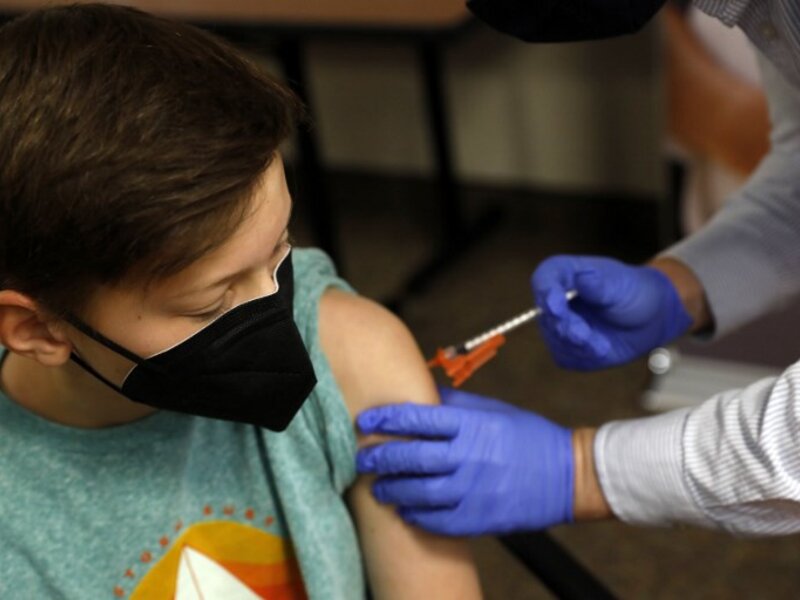Starting from Tuesday, anyone who is invited to get the Pfizer coronavirus vaccine in Flanders will have to wait just three weeks rather than five weeks between receiving both doses.
The period between both shots was originally just three weeks, but in March this was extended to five to allow more people to receive the first shot more quickly, however, it will once again be shortened, according to Flemish Health Minister Wouter Beke.
"Starting from Tuesday, the interval between a first and second shot with the Pfizer vaccine will be changed from five to three weeks for everyone who has yet to receive an invitation," he said on Twitter.
"This is good news for 12- to 15-year-olds so that they will be vaccinated before the next school year, " he added.
Related News
- Almost 1,000 new coronavirus infections per day in Belgium
- Seven of Brussels' ten vaccination centres will close by end of August
This decision was motivated by the fact that it will help the launch of the vaccination of younger people, and it was made possible by the fact that there are once again sufficient doses for every person who still has to be vaccinated in the region.
Last week it was announced that young people between the ages of 12 and 15 can also get vaccinated against the coronavirus in Belgium if they have parental consent, meaning a parent must either accompany the child to the vaccination centre or give written consent for the vaccination.
On Tuesday, the first invitations will be sent out to this younger age group, which should mean that the first doses could be administered sometime next week. Soon, 12- to 15-year-olds will also be able to sign up for vaccination on the QVAX platform.
Young people who received an invitation to get vaccinated and did not respond because of holiday plans will get another chance at the end of August or in September.
As of Sunday, 81.1% of the adult population (around 7.6 million people) in Belgium received the first injection of a coronavirus vaccine, and almost 4.86 million people (52.7% of the adult population in Belgium) have received a second dose and are now considered fully protected.

